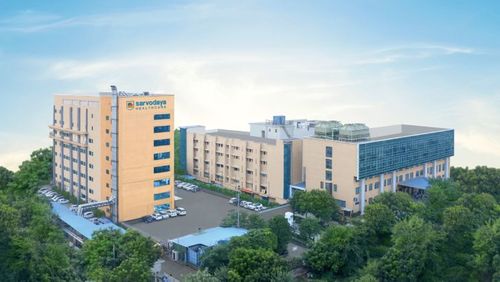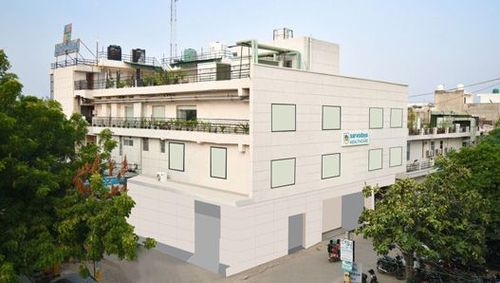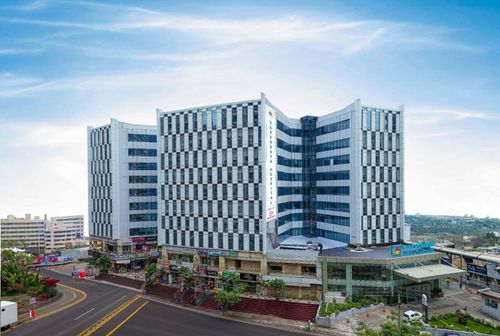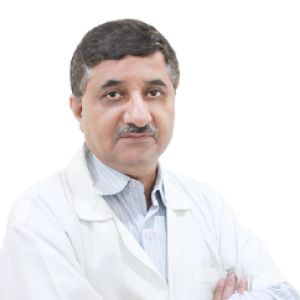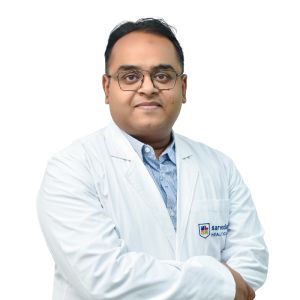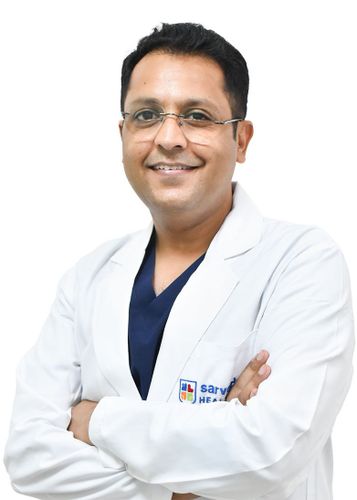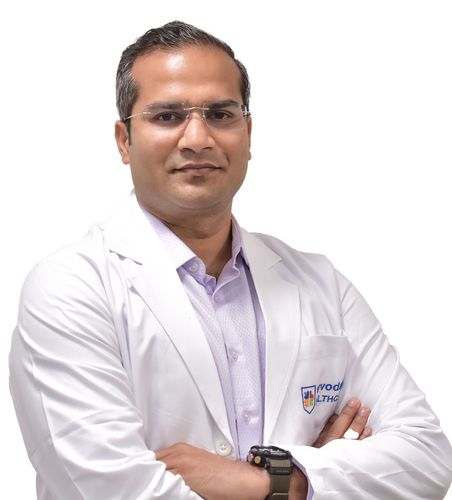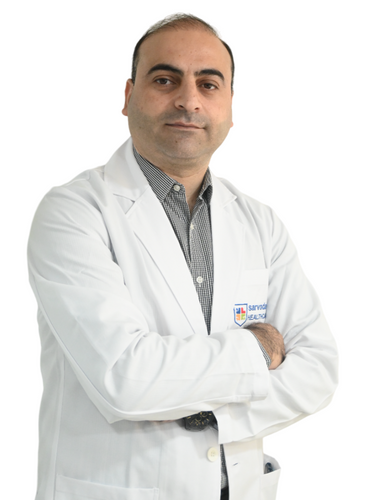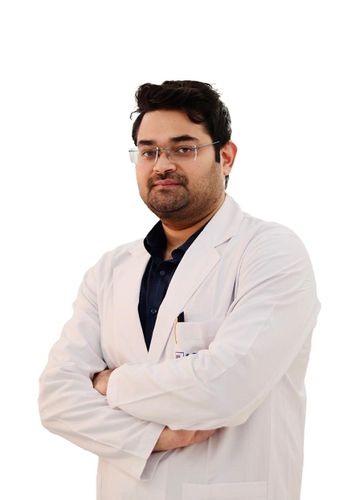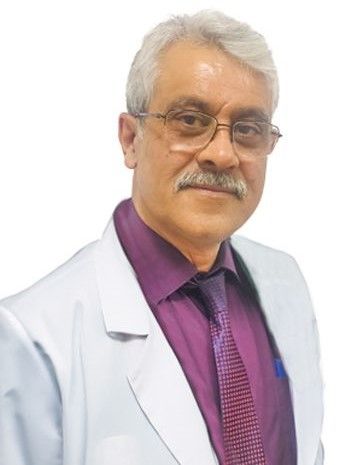Overview
Anal fissure is common anorectal condition that can cause significant pain and discomfort if left untreated. A fissure is a small tear in the anal lining, often caused by constipation or straining and it can be treated with basic care.At Sarvodaya, our specialists use advanced diagnostics and offer minimally invasive options, including robotic-assisted procedures when required. We are known as the Best Hospital in Faridabad, Delhi NCR, for delivering safe outcomes and quicker healing.
Fissure Symptoms
- Sharp or stinging pain during or after bowel movements
- Visible tear or crack in the skin around the anus
- Bright red bleeding on the toilet paper or in the stool
- Burning sensation or discomfort around the anal area
- Itching or irritation near the anus
- Spasms in the anal sphincter muscles
- Pain that lasts for hours after passing stool
Fissure Causes
- Passing hard or large stools due to constipation
- Repeated straining during bowel movements
- Chronic diarrhoea or frequent loose motions
- Anal trauma
- Low-fibre diet
- Underlying inflammatory bowel conditions
- Tight anal sphincter muscles or reduced blood flow
Fissure Diagnosis
A timely and accurate diagnosis helps ensure the right treatment path and rules out more serious conditions. At Sarvodaya, our specialists, led by the Best General Surgeon in Delhi NCR, perform a thorough evaluation using advanced clinical techniques.- Digital Rectal Examination (DRE): A gentle finger exam is done to assess the anal canal for tears or tenderness.
- Symptom Evaluation: Doctors carefully review your symptoms, including pain, bleeding, and bowel habits.
- Anoscopy: A short, lighted tube is used to examine the anal canal and locate the fissure.
- Ruling Out Other Conditions: Tests may be done to exclude piles, fistulas, or colon-related diseases.
- Physical Examination: The doctor visually inspects the anal area for cracks, swelling, or signs of infection.
Fissure Treatment
Treatment for anal fissures at Sarvodaya is based on the severity and duration of symptoms. We offer a combination of lifestyle changes, medications, and surgical solutions when needed, all supported by robust technology under the care of the Best General Surgeon in Faridabad.- Dietary Modifications: A high-fibre diet and increased fluid intake help soften stools and ease bowel movements.
- Stool Softeners and Laxatives: Strain is reduced during bowel movements and promotes healing.
- Topical Ointments: Medications help relax the anal muscles, reduce pain, and improve blood flow.
- Warm Sitz Baths: Soaking the affected area helps soothe pain, improve circulation, and support recovery.
- Botox Injections: Used in chronic cases to relax the sphincter muscles and promote healing.
- Lateral Internal Sphincterotomy: A minor surgery performed in non-healing cases to relieve pressure and allow the fissure to heal.
- Use of Advanced Imaging and Surgical Tools: Our surgeons use precision tools and may integrate robotic-assisted support when required for safe and accurate outcomes.
Fissure Prevention & Lifestyle Modification
Preventing fissures involves simple daily habits that promote healthy bowel movements and reduce strain on the anal area. Here are a few steps you can follow:- Eat a fibre-rich diet to keep stools soft and easy to pass
- Stay well-hydrated by drinking plenty of fluids throughout the day.
- Avoid straining during bowel movements to reduce pressure on the anal lining.
- Respond promptly to the urge to pass stool to avoid constipation.
- Use mild, unscented toilet paper or water rinsing to prevent irritation.
- Exercise regularly to support digestion and reduce pressure in the rectum.
- Avoid prolonged sitting on the toilet, which can increase pressure on the rectal veins.
- Use a stool softener if recommended by a doctor, especially during recovery.
Pre & Post-Treatment Lifestyle Modifications
Pre-Treatment Modifications
- Follow a soft or fibre-rich diet
- Inform your doctor about any medications
- Stop smoking
- Maintain good anal hygiene
Post-Treatment Modifications
- Continue a high-fibre diet and stay well-hydrated
- Avoid straining or prolonged sitting
- Use prescribed ointments or medications
- Take warm sitz baths regularly
- Avoid heavy lifting or vigorous activities
- Follow up with your doctor as scheduled


